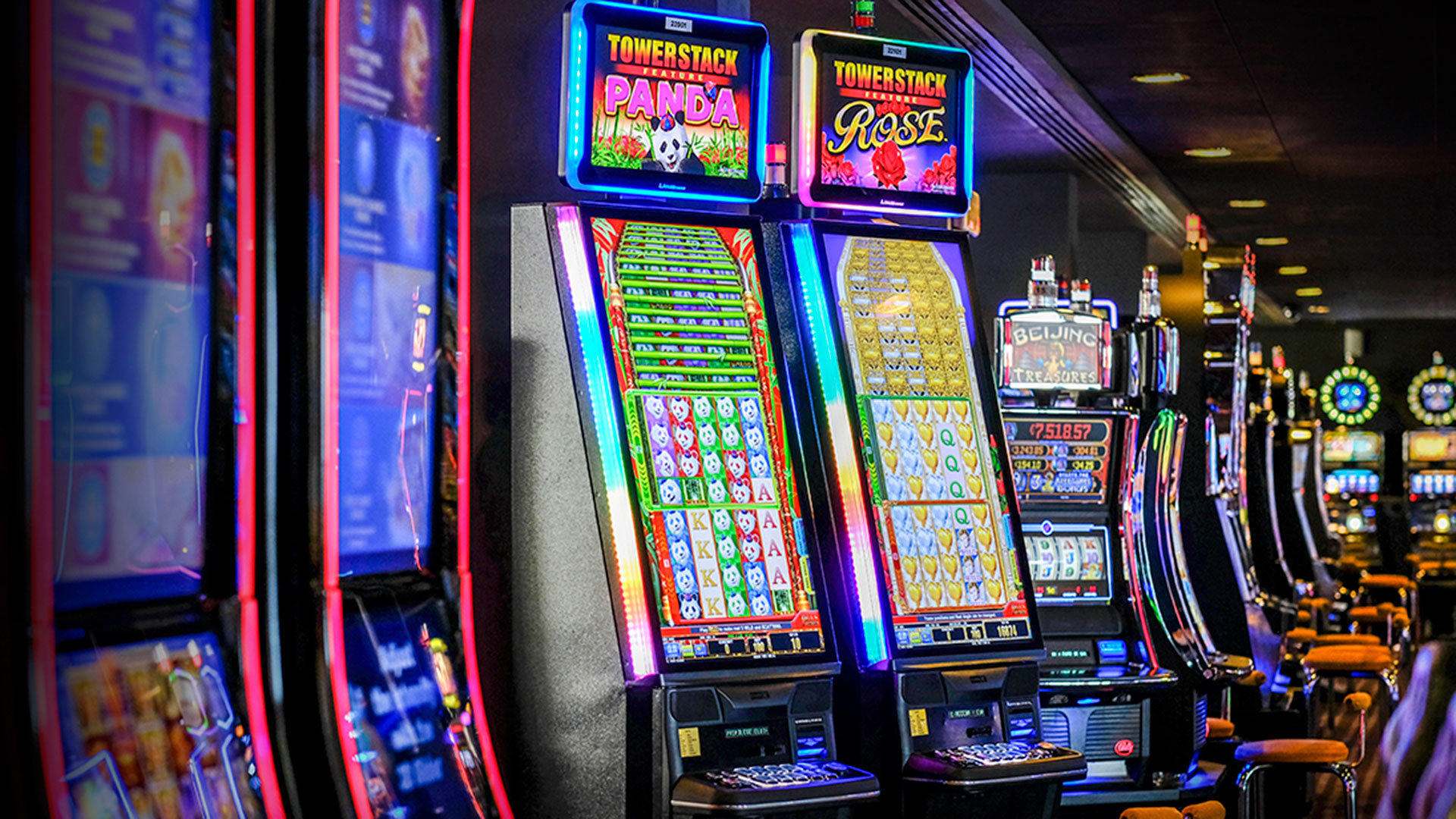The Societal Influence of Casino Games Worldwide

Casino games have long been a captivating form of entertainment, drawing countless of players from diverse cultures around the globe. From the opulent casinos of Vegas to the busy gambling halls of the Chinese gambling capital, these games serve as a link that brings together people across different backgrounds. The allure of chance, tactics, and gambling entices not only those hoping to win money but also those seeking a shared experience.
The influence of casino games extends significantly past the gaming floor. They often reflect the values and beliefs of the cultures in which they thrive. Games such as Texas hold ’em, 21, and the wheel game have embedded themselves into the tapestry of cultural phenomena, influencing everything from cinema to clothing. As we explore this fascinating intersection of chance and society, we can gain insights into how casino games shape and are affected by the world around us.
Historical Development of Casino Games
The origins of gambling activities can be tracked back to ancient civilizations, where betting in various forms was extensively performed. In the East, around two thousand three hundred years before Christ, a variant of lottery known as Keno was common, while in ancient Rome, soldiers would frequently wager on the outcomes of their games. The concept of using randomness for amusement and profit progressed over the ages, leading to the establishment of more formal games. By the late Middle Ages, gambling houses started to surface in Europe, especially in Italy, which presented early incarnations of famous games still practiced today.
As betting gained fame in Europe, the 17th and 18th centuries saw the appearance of gaming houses as exclusive venues for betting. The earliest official gambling house, the Ridotto, was founded in the city of Venice in the year 1638, providing games like the game of Baccarat and Faro games. This period marked a major turning point, as casinos started to draw not just the elite but also the burgeoning middle-tier society. The sophistication of activities evolved, leading to the development of new rules and modifications that enriched the gaming experience.
In the 19th century, the era of industrialization and shifts in societal standards additionally transformed the landscape of casino activities. The introduction of roulette and new one-armed bandits attracted a more diverse audience, and gambling establishments became seen as legitimate forms of fun. This time witnessed the worldwide proliferation of gaming, as casinos spread from European nations to the New World, culminating in the establishment of the legendary Strip of Las Vegas in the 20th century. https://rikvip88.in/ The progress of casino games has persisted into the current era, integrating new technologies and online services, making them open to a global audience.
## Cultural Significance within Various Societies
Casino games have significant cultural and social importance in numerous cultures throughout the globe. In Las Vegas, the very core of the urban landscape is woven around gaming venues, where gambling is not just a hobby but a key aspect of entertainment and community interaction. The dazzling lights and lively atmosphere attract countless individuals, showcasing how games of chance can shape local financial landscapes and cultural identities. This environment transforms the notion of relaxation into an enriching event that affects apparel, sound, and even movies.
On the other hand, some societies treat betting with greater care, viewing it through the lens of ethical beliefs and heritage. For example, in many Oriental communities, games like Mahjong and Pai Gow Gambling are full of history and possess significant social meanings. These games are often played during get-togethers and celebrations, fostering community bonds and strengthening familial ties. The act of playing these games goes beyond mere entertainment, reflecting ethics such as deference to seniors and the value of communal fun.
Simultaneously, in European countries such as Monaco and Italy, gambling activities serve as symbols of opulence and sophistication. The elegant atmosphere of these venues attracts both visitors and locals, maintaining a sense of status and elitism. The art of poker and the strategic elements of games like the game of baccarat are esteemed, shaping social dynamics and establishing an attraction that captivates a heterogeneous audience. rikvip This underscores how casino games can both echo and shape cultural attitudes towards danger, benefit, and community interaction.
Financial Influence and Travel Industry
Gambling activities play a important role in the economic landscape of many areas, particularly those that rely heavily on tourism. The revenue generated from casino operations fuels local financial systems, creating jobs not only within the casinos themselves but also in connected industries such as hospitality, restaurant services, and recreation. This surge of tourists, drawn by the attraction of games and the overall gaming environment, stimulates expenditure across multiple businesses, contributing to the economic health of the area.
The existence of casinos often leads to the development of facilities, including hotels, transportation systems, and recreational facilities. These improvements are essential in enhancing the overall visitor satisfaction, making locations more attractive to tourists. Additionally, many casinos contribute in local communities through support of events and philanthropic activities, further embedding themselves into the social fabric of the region. Such investment not only supports economic growth but also cultivates a positive image of the gambling sector.
Moreover, the worldwide appeal of casino games drives competitive tourism, with regions vying to attract players from across the globe. Iconic destinations like Las Vegas and Macau have become identifiable with casino culture, drawing millions annually. This competitive edge encourages innovation and diversification within the gambling sector, influencing trends in leisure and hospitality that resonate beyond their borders. The consequences of this visitor influx extend far, impacting local economies and cultural exchanges on a worldwide scale.